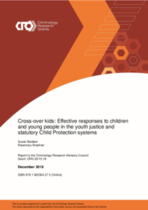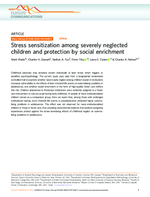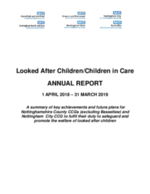Safety assessment in child welfare: A comparison of instruments
This review aimed to compare child safety assessment instruments, which are used by child welfare professionals to determine whether a child is in immediate danger, and subsequently, whether immediate action is required to stop or prevent serious harm to the child.



